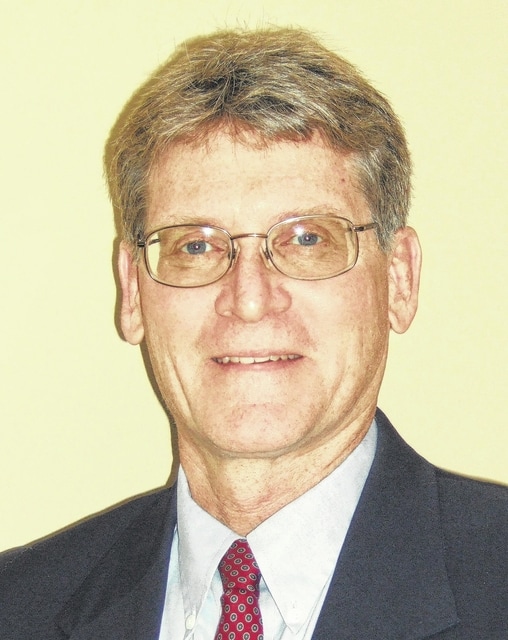
The prevalence of mental health and/or substance use disorders is high. Nearly one out of every five adults in the United States, about 43.8 million people, has a mental illness, such as a diagnosable mental, behavioral or emotional disorder (excluding developmental and substance use disorders).
About 21.6 million people age 12 or older were classified with a substance dependence or misuse disorder in 2013.
The widespread impact directly touches the lives of individuals, family members, neighbors and colleagues.
Every September, national and local partners celebrate National Recovery Month to increase awareness of behavioral health conditions. The 2015 Recovery Month theme, “Join the Voices for Recovery: Visible, Vocal, Valuable!,” highlights the value of peer support by educating, mentoring and helping others.
Members of the recovery community can lead the charge to educate others about how they can provide support, starting with the basics of recovery. It’s also important for people to better understand what recovery means. What does recovery look like?
For many people, recovery:
• Emerges from hope, which is fostered by friends, families, providers, colleagues and others who have experienced recovery themselves.
• Occurs via many pathways, which may include professional clinical treatment, use of medications, support from families and in schools, faith-based approaches, peer support and other approaches.
• Is holistic, meaning recovery encompasses a person’s whole life, including mind, body, spirit and community.
• Is supported by relationships with peers and allies, and on social networks.
• Is culturally based and influenced.
• Is supported by addressing trauma, including physical or sexual abuse, domestic violence, war, disaster or profound loss.
• Involves individual, family and community strengths and responsibilities.
• Is fostered by respect.
These principles of recovery can help people establish a blueprint for their own journey and local providers can assist every step of the way. It’s also important for people living with these conditions to become aware that they are not alone in their efforts. It’s an important community-wide effort and support system.
As the architect and supporter of cost-effective, quality services, the Delaware-Morrow Mental Health and Recovery Services Board and its provider network of care work to assure that community resources are available to help all residents.
People in the community can call 2-1-1 to be connected to services and resources, or can visit www.dmmhrsb.org.


